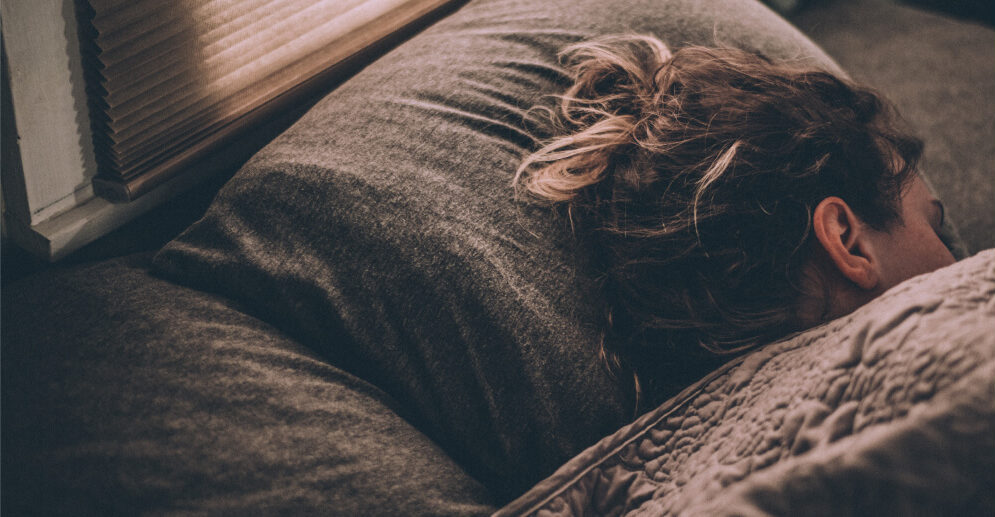If you were only to look online and never meet real sober folks you might think that we’re all nice, straight white people. Yet despite what we know about LGBTQ and substances, my people recover too.
Two modern tropes, the boozy gay man’s best friend and the sober enlightened straight cisgender white woman, became tropes for a reason. The first, and I speak from personal experience here exists because most of us came out of the closet and walked right into a bar. Alcohol and the places they serve is an integral part of the gay experience, whether we like it or not. Was I a drinker who then became gay or was I gay and then started drinking or was I, in fact, born both, a hard drinker and a flaming homosexual (ding ding ding!) who the hell knows. But what I do know is that my drinking (and drug use-duh) and my gayness are so entwined that when I went to get sober in 2009 I couldn’t imagine being one without the other. The other trope (which I clearly am not) seems to be the loudest voice in the online sober-sphere as of late. And why the hell not? The real world has been mainly male-dominated since the advent of 12 Step groups so it’s about time for women to share their stories of recovery. The countless fearless, female voices to hit the digital world in the past decade is overwhelming and inspiring. Yet if you take a look at these voices, it feels like that’s all there is: straight women who get sober. Granted, women account for the largest percentage of folks who buy books and read online but there’s a disparity is queer voices in the recovery space overall.
What we do know about my community and its relationship with drugs and alcohol isn’t pretty. The very real numbers are grim to say the least. A recent survey reports that some 18 million LGBT live with substance use disorders. Also people who identify as gay or lesbian are more than twice as likely as heterosexuals to a severe alcohol or tobacco use disorder while people who identify as bisexual are three times as likely to develop a substance use disorder. Not to mention the surge in meth related deaths among gay men and the losses of gay icons like George Michael. Couple all of this with the still devastatingly high numbers of LGBTQ youth suicides and overdoses, the outlook for my people isn’t exactly the inspiring stuff that the gals from the suburbs want to read about in their book clubs. Many studies point to higher instances of trauma, discrimination and internalized homophobia as some of the possible reasons why our addiction rates are so much higher.
Yet talk to anybody who has been to an intensive outpatient program, a 12 Step meeting or an inpatient treatment facility has probably shared space with gay, lesbian, queer or trans folks. Since we struggled more than our average heterosexual friends, we also wind up seeking treatment more too. Barely visible online or not, the truth is we exist in large numbers in recovery and many of us have long term recovery. To bounce back to the celebrity example, for every five George Michaels there’s at least two or three Elton Johns. Plus, gay communities across the country have long responded to the high risks of addiction by providing support and are currently stepping up to address everything from drinking to the dangerous “chemsex” trend. Yet for examples of queer folks conquering addiction, I need not look further than my own inbox.
Ever since I got sober, I have been fortunate to have a life filled with gay men doing what I previously thought was impossible: getting and staying sober. We text one another all day long, we check in and make sure we’re all okay. Mainly we laugh a lot, far more than you’d expect from people who nearly died at the hands of drugs and alcohol. In my first gay meeting in Santa Monica in 2009, I couldn’t believe that people, particularly gay people had stopped drinking and using drugs. Dozens of them had 60 days, 6 months and 6 years sober. It blew my mind but it showed me it was possible. I might have come out in a bar but I didn’t have to stay there. In early recovery, I had to find real self-esteem where I finally learned how to accept my sexuality and learn to love my big gay self without drinking and using. It was no picnic. After decades of self-hate, shame, internalized homophobia, untreated mental illness and lost and lots of drugs, I was forced to the real Sean for the first time. Turns out I was enough: gay, sober, living with depression, PTSD and HIV- I was enough. What’s more is the longer I stayed sober, the more I authentically really love myself. Who knew that would ever be possible?
11 years later, I get to help other gay men new to recovery too. All these things about myself that caused me shame or embarrassment, like being HIV positive and being gay, are now professional assets in my work as a peer support specialist and recovery mentor. When I get to work with people who have the same experiences as me, something magical happens. Sure, I’m there to support them but I always feel better too. We’re both suddenly less alone. We show one another that we can survive, pull through and stay sober. The feeling of belonging that I wanted in gay bars is now found in people bravely beating the odds and walking the same path as me. Sure, that path forged by my LGBTQ sober brothers and sisters might not be a much talked about blog or hip best seller which fits snuggly into our current marketable version of what sobriety looks like. But it’s one that exists and for that I’m forever thankful. Remember recovery isn’t just for straight people.









